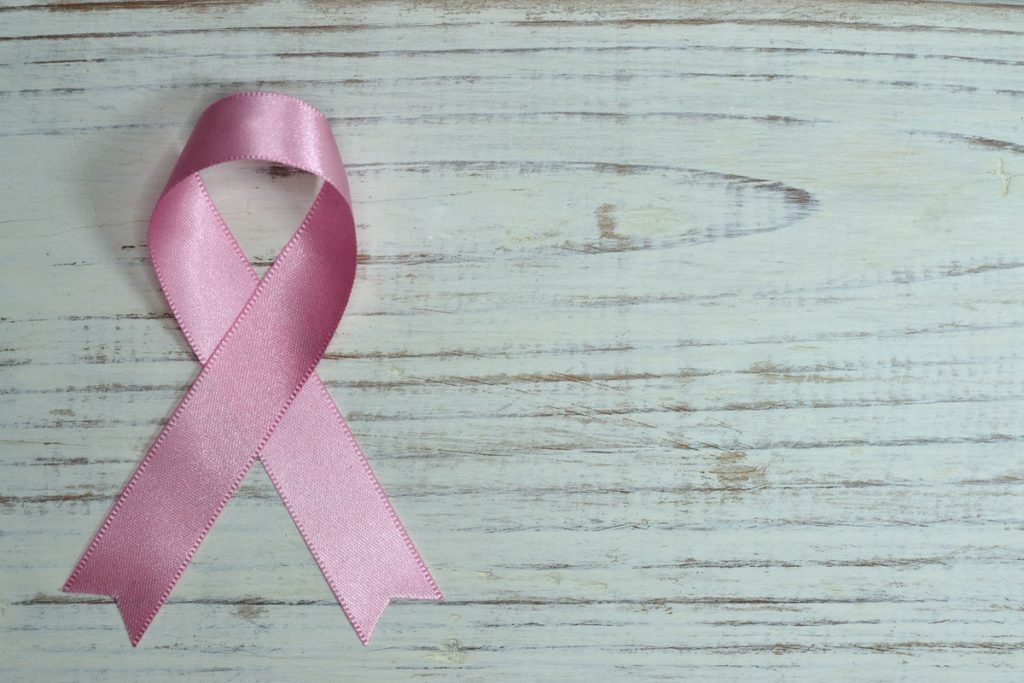Many people find out they have cancer only after their condition becomes worst. This is why health experts always tell us not to ignore certain signs and symptoms that could mean cancer is slowly growing in your body. But some people are fortunate enough to find out early on after getting their self-checked.
Your loved one may have been feeling extremely tired despite the amount of rest you have taken. For unknown reasons, they now have eating problems and gain or loss weight. They may even have lumps or swelling, pain, skin changes, or unusual bleeding that made you visit your doctor for a checkup.
But once they speak of the word cancer, chances are your loved one will be unable to process the next words the doctor will tell. They may still be speculating and wants them to undergo a series of tests to confirm the diagnosis. But this alone can cause you and your loved one a great amount of stress and anxiety.
It is essential that you start learning how you can help your loved one during these trying times. Your emotional support alone can greatly help them get past these difficult times. But the question is, how?
Go With Them With Their Appointments
Their doctor will need to confirm if they really have cancer. This means the doctor will schedule a series of tests to know where the cancer is at, what stage it is, and what the possible treatment options are. As much as possible, help your loved one with the preparations.
If they are feeling nervous, consider driving and going with them to their appointments. If they are up to it and just want to get over the diagnosis, you can ask their doctor for options. They may come up with orders that will hasten the process.
You can also ask their doctor if they can recommend a local private diagnostic center. This way, your loved one can have access to quicker tests and results. For instance, qualified sonographers will read the private ultrasound scans so that you can quickly return the results to their doctor.
During their doctor’s appointments, be sure to take down notes and help your loved ones ask relevant questions. This includes their chance of recovery, how you can make their life more comfortable, and what you can do whenever they feel any symptoms of their condition.
Respect Their Privacy
Not everyone is comfortable talking about their condition. Just because they entrusted you with what their doctor said already gives you the permission to tell everyone about it. If they are of legal age, then they have the right to make decisions, including who gets to know about their condition.
Give them time to process everything. They may not want to share the news just yet until everything is confirmed. Before you tell anyone, ask them first.
Find ways to communicate effectively especially if you are to become their primary caregiver. You want to give them the assurance that they will still be the main decision-maker about their care. But you also want to ask them if they will allow you to make decisions for them in case they can no longer make decisions for themselves.
Remind Them to Enjoy Life
Getting diagnosed with cancer does not necessarily mean the end for your loved one. Even doctors would agree that patients will benefit if they don’t simply focus on their condition. There are safe activities you can do together even if they can no longer enjoy their old hobbies.
For one, find activities that will encourage exercise. It is crucial that you ask their doctor what kinds of activity your loved one can do. Staying active is essential for faster recovery, even with cancer.
Encourage social activities with their friends and loved ones. The more social support they can get, the better. This will give them more reasons to stay positive and keep on fighting.

Help Them Sort Their Finances
Cancer-related costs are nowhere cheap. More often than not, one plan is not enough to cover all costs of cancer care. It is important that you help them find ways to pays for everything especially if they are already struggling financially.
Know that there are organizations helping cancer patients with cancer-related costs. You can reach out to those organizations on your loved one’s behalf. It is also crucial that you and your loved one get to know how the federal health care law can influence their cancer care.
Discuss the costs with their healthcare team and try to understand your loved one’s financial situation. This will make it easier for both of you once the bills start pouring in.
Knowing your loved one has cancer is not easy. But it becomes a lot more difficult on their part. They can feel a rainbow of emotions. As their loved one and possibly future caregiver, it is your job to make things a bit easier on their part. They need you now more than ever, which makes it a must that you step up and be their rock during these difficult moments in their life.

